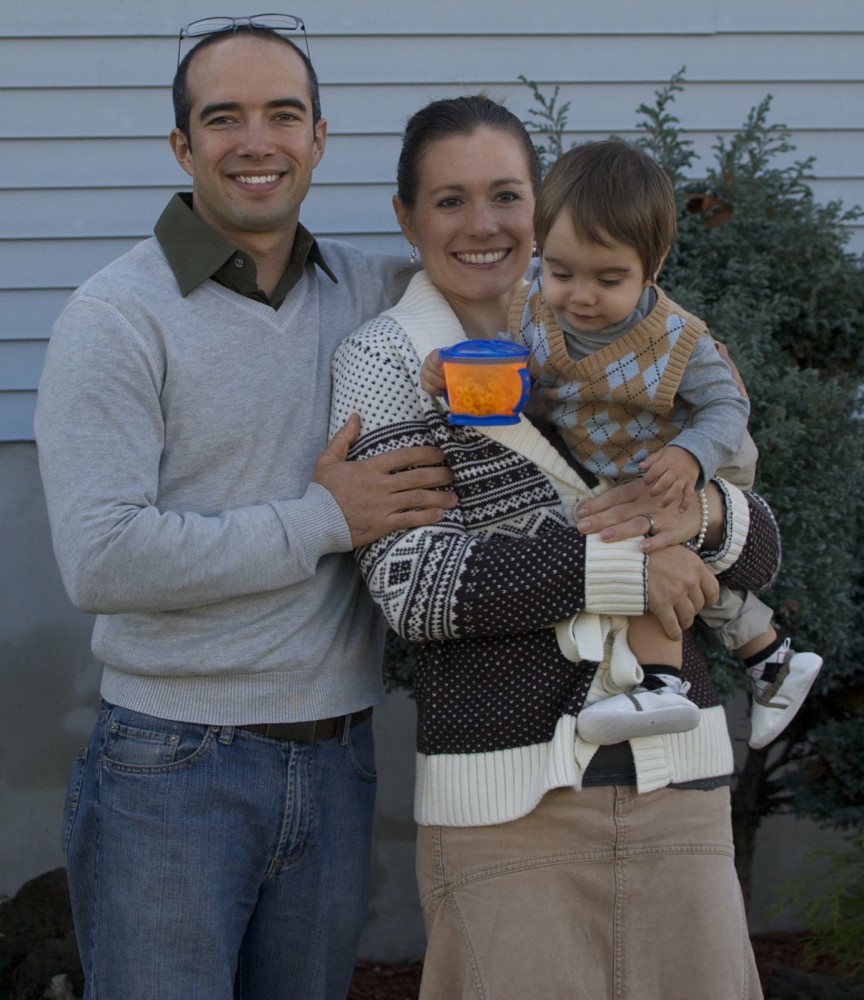By Cathie Anderson
The Sacramento Bee.
Botanist and new mom Kristine Callis-Duehl cringed at the spider pictured in the insect book she was about to read her newborn son, not because she has arachnophobia but because arachnids simply don’t belong in a picture book on insects.
Callis-Duehl looked at dozens of children’s books on natural science, and all had mistakes that troubled her.
She began sharing her concerns with friends, and three of them teamed up with her to found a company called Budding Biologist.
They have published two books and recently developed a video game, all aimed at using accurate information to open young minds to science and keep them engaged in the subject.
“What we see in science education is that…kids in general lose that interest in science right around the upper elementary, middle school level,” said Callis-Duehl, a Woodland resident. “If we can keep them interested in science, then we’ll have a lot more kids interested in the STEM subjects — science, technology, engineering and math, which are so important to our economy.”
She and artist Katy Castronovo, educator Karen Boley and business manager Emily Zora used a Kickstarter campaign to fund publication of their first book in 2012, “Am I An Insect?”
Profit from that book funded a second in 2013, “Where Do I Live?” A third book — “Am I A Mammal?” — is expected to be released in November.
The women, however, could see from watching their own little ones just how much children loved playing games on smart phones and on tablets.
They wanted to enter the video game market, but they didn’t have the funds to develop one. So, they applied to the National Science Foundation, hoping to win a grant from its Small Business Innovation Research program.
They received $150,000.
“The government’s idea is that they’ll recoup the money they give in the grant through taxes and through employment of more people,” Callis-Duehl said. “We got $150,000. That funded the creation of the first game….We’ve had about 1,000 downloads. It’s been out for about two months now.”
The game, Lizard Island: Observation, is available in the Google play store and on iTunes for iPad only.
It stresses the first skill of science: observation.
It’s a skill that is quickly being lost in our society because we have so much stimuli around us, Callis-Duehl said.
In the game, children travel to microislands in the Bahamas and, using data collected by UC Davis researchers, they are able to identify native lizard species, mark and measure them and observe how territorial lines change.
If successful, each game will fund the next one. The Budding Biologist team has plans for Lizard Island: Hypothesis and Lizard Island: Experiment.
Eventually, Callis-Duehl said, she and her partners hope the creatures in their books and video games will gain so much traction with children and parents that they will buy products with their images.
That merchandising would allow Budding Biologist to finance other media.
The challenge, Callis-Duehl said, is that they don’t have funds for a massive marketing campaign.
Instead, they depend on a grass-roots network of parents and teachers to spread the word. Want to learn more? Visit www.buddingbiologist.com














































































































































































































































































































































































